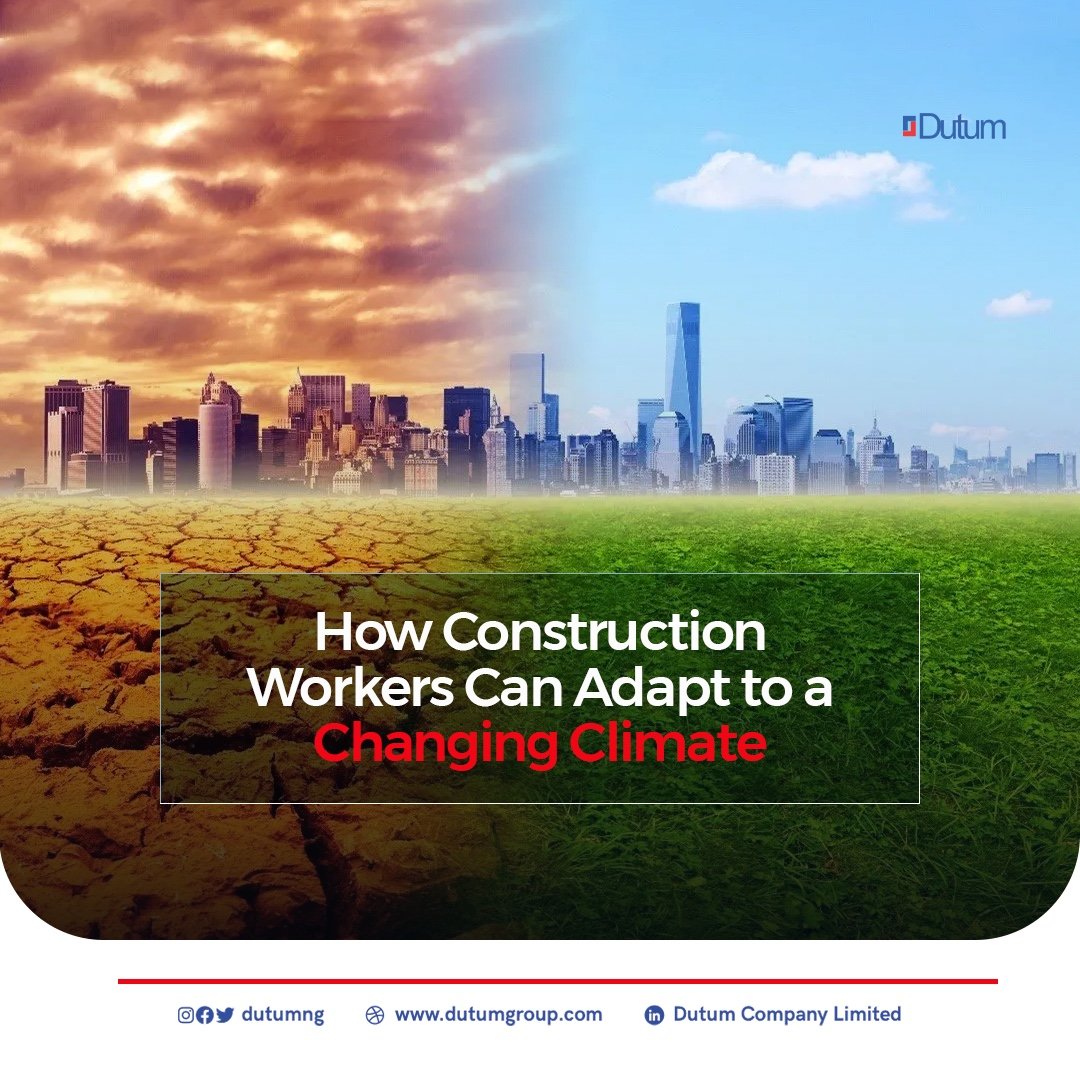Today, April 28th, marks World Day for Safety and Health at Work. This year, the focus is on mental health risks, but for construction workers, the physical dangers posed by climate change are a growing concern. Heatwaves, extreme weather events, and deteriorating air quality threaten worker safety and well-being. Let’s discuss how construction workers can proactively adapt to a changing climate.
Specific Climate Change Impacts
- Heat Stress: The construction industry already has one of the highest rates of heat-related injuries. Prolonged exposure to high temperatures can lead to heat exhaustion or even deadly heat stroke. Know the signs: dizziness, headache, nausea, heavy sweating or lack of sweat, and muscle cramps are all signals to seek shade and cool down immediately.
- Extreme Weather: Storms, floods, wildfires – these events are becoming more frequent and severe. Construction sites are especially vulnerable and these events pose risks of injuries, equipment damage, and costly project delays.
- Air Quality: Smoke from wildfires, dust storms, and pollution can cause respiratory problems. This is particularly risky for workers with existing conditions like asthma.
Adaptation Strategies for Construction Workers
- Adjust Work Schedules: When possible, shift work to the cooler hours of the morning or evening. Implement frequent, mandatory rest breaks in shaded, well-ventilated areas.
- Hydration and Nutrition: Staying hydrated is vital! Workers should have easy access to water and electrolyte drinks. Eating light, energy-boosting meals and snacks helps combat heat fatigue.
- Protective Gear: Lightweight, breathable clothing, wide-brimmed hats, and UV-blocking sunglasses are essential. Consider cooling vests for extremely hot conditions. Sunscreen is a must!
- Training and Awareness: Educate workers to recognize heat-related illness symptoms in themselves and their colleagues. Establish clear procedures for emergencies and make sure everyone knows the plan.
Responsibilities Of Construction Companies
Employers play a crucial role in climate adaptation:
- Provide Resources: Ample water stations, shaded break areas, and first-aid supplies are essential.
- Monitor Conditions: Use weather forecasts and air quality alerts to adjust work plans proactively.
- Flexible Policies: Allow for adjustments and delays based on extreme weather conditions.
Conclusion
Climate change isn’t going away. By taking the dangers seriously and implementing adaptation strategies, construction workers and companies can prioritize health and safety in an ever-changing environment. Proactive measures today mean a safer, more resilient construction industry for the future.



Leave a Reply